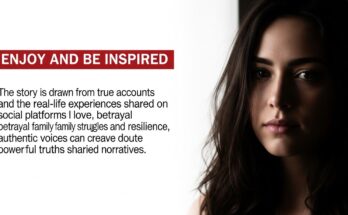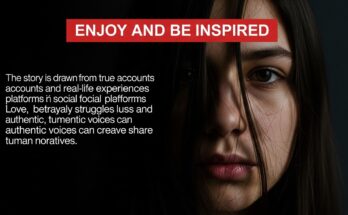They were the only biological child in a chaotic household. Their parents had always struggled—unstable jobs, poor money management, and even periods of homelessness. While their mother’s family enabled the dysfunction, their paternal grandparents quietly stepped in, sending monthly money to help their grandchild survive. Since the age of fourteen, that support, along with part-time work, had been their lifeline—covering school supplies, food, and basic needs.
Meanwhile, their parents kept taking in more children. First, their aunt’s kids. Then a friend’s. Then another child with no clear connection. All of it done through private legal arrangements, no social workers, no child support. The house was cramped, the fridge often empty, and their parents treated employment like a hobby. Still, they never asked for help—until now.
When the parents discovered the secret financial support, they were stunned. Suddenly, they expected their child to pitch in—to help feed and clothe the “siblings” they had chosen to bring in. The guilt trips came fast: “The kids are innocent,” “We’re a family,” “You’re being selfish.” But the child stood firm. They hadn’t chosen this. Their parents had.
They explained that while the kids were indeed innocent, the responsibility wasn’t theirs. They were barely scraping by themselves. The money from their grandparents wasn’t a luxury—it was survival. And it wasn’t fair to be asked to clean up after choices they never made.
The confrontation left the house tense. Their parents acted betrayed, but the child felt liberated. For once, they had drawn a line. They loved the other kids, but love didn’t mean enabling irresponsibility. It meant protecting their own future—something their parents had never done for themselves.
Now, they continue to work, save, and plan for a life beyond the dysfunction. They carry guilt, yes—but also clarity. Sometimes, the hardest thing isn’t saying no. It’s realizing you were never supposed to say yes in the first place.


